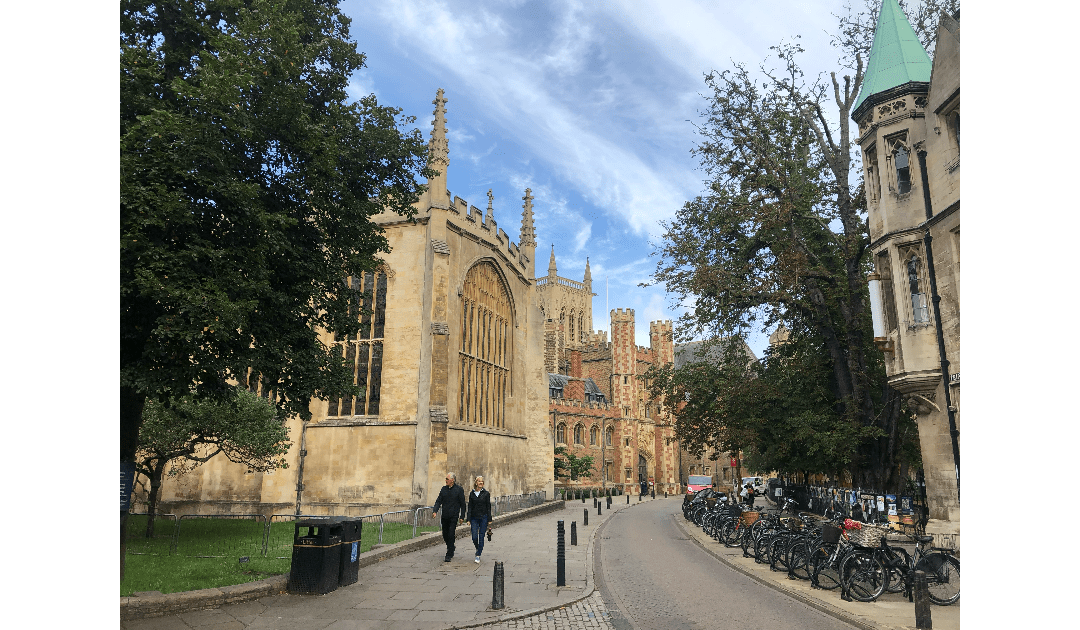We are enjoying the new ITV spy drama, A Spy Among Friends. I recently read and reviewed the book, A Legacy of Spies, by John Le Carré. The author’s career with MI6 was ended by the treason of Kim Philby.
I’d known about the Cambridge Four: Kim Philby, Donald MacLean, Guy Burgess, and Anthony Blunt. Back in the 1980’s I read Peter Wright’s book, Spycatcher. He made a case for there having been a fifth man, suggesting it had been Sir Roger Hollis, who had been Director General of MI5 from 1956 to 1965. Then Margaret Thatcher revealed that the fifth man had been John Cairncross, another Cambridge man. Cairncross had studied French and German at Cambridge before working at Bletchley Park and the Foreign Office.
I wondered why all these spies had been recruited from Cambridge. Is it possible that the KGB also recruited spies from Oxford, and that they simply weren’t discovered? Or perhaps the KGB focussed their attention on just one recruiting ground. Why should Oxford be so good at producing Prime Ministers (Oxford 30, Cambridge 14), and Cambridge excel at Russian spies?
I found an article in Prospect Magazine which shows that the KGB were trying to recruit in Oxford, but they were nothing like as successful. It suggests that they did recruit Bernard Floud, or at least involved him in helping recruit others. Jennifer Fischer Williams, a contemporary of Floud, said that he had suggested she try to join a civil service department from which she could pass information to the British Communist Party. He also introduced her to Arnold Deutsch, who had recruited the Cambridge spies. Fortunately she decided to cut off contact.
Perhaps the reason is institutional. The walls of the Oxford Union are covered in photographs of members who became prominent politicians at home and abroad. Cambridge has a Union but it has another secret society called the Apostles. Guy Burgess, Anthony Blunt, and John Cairncross were members, as was Michael Straight an American who spied for the KGB.

